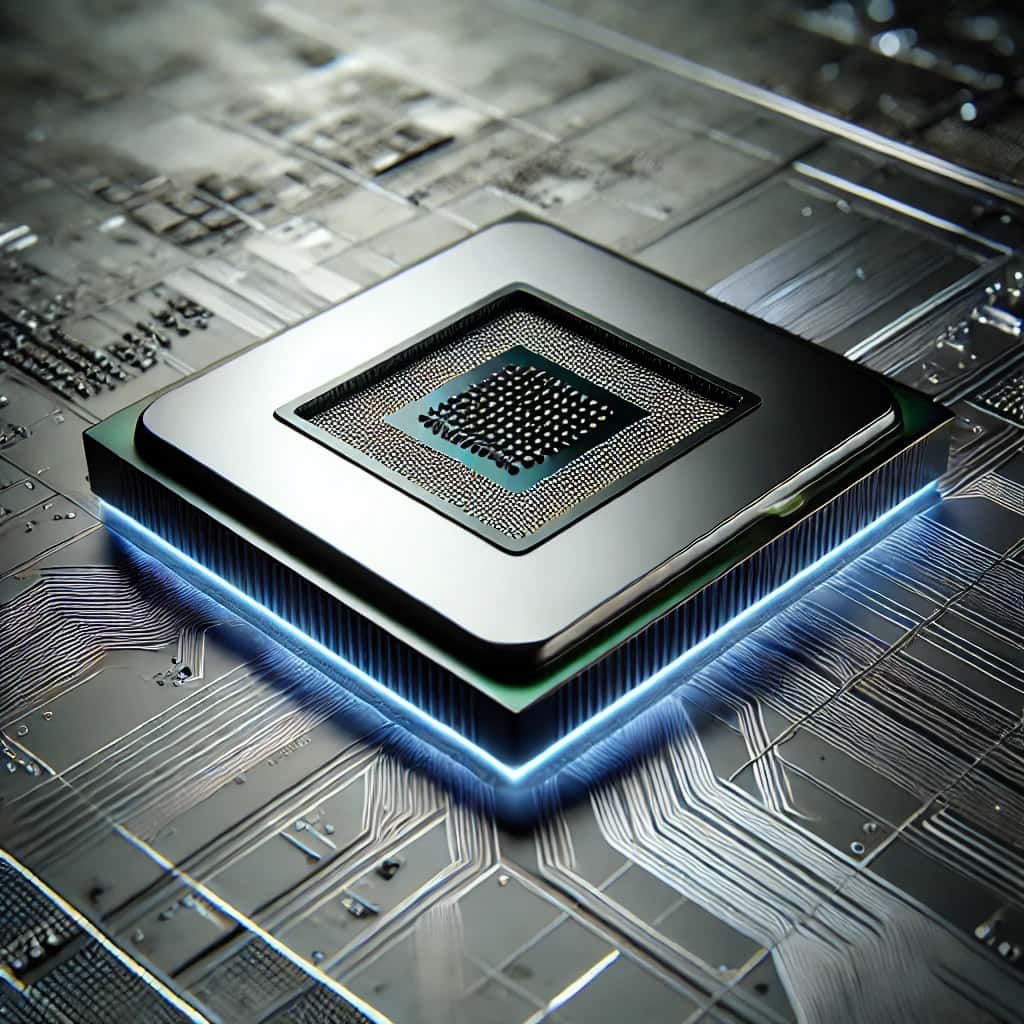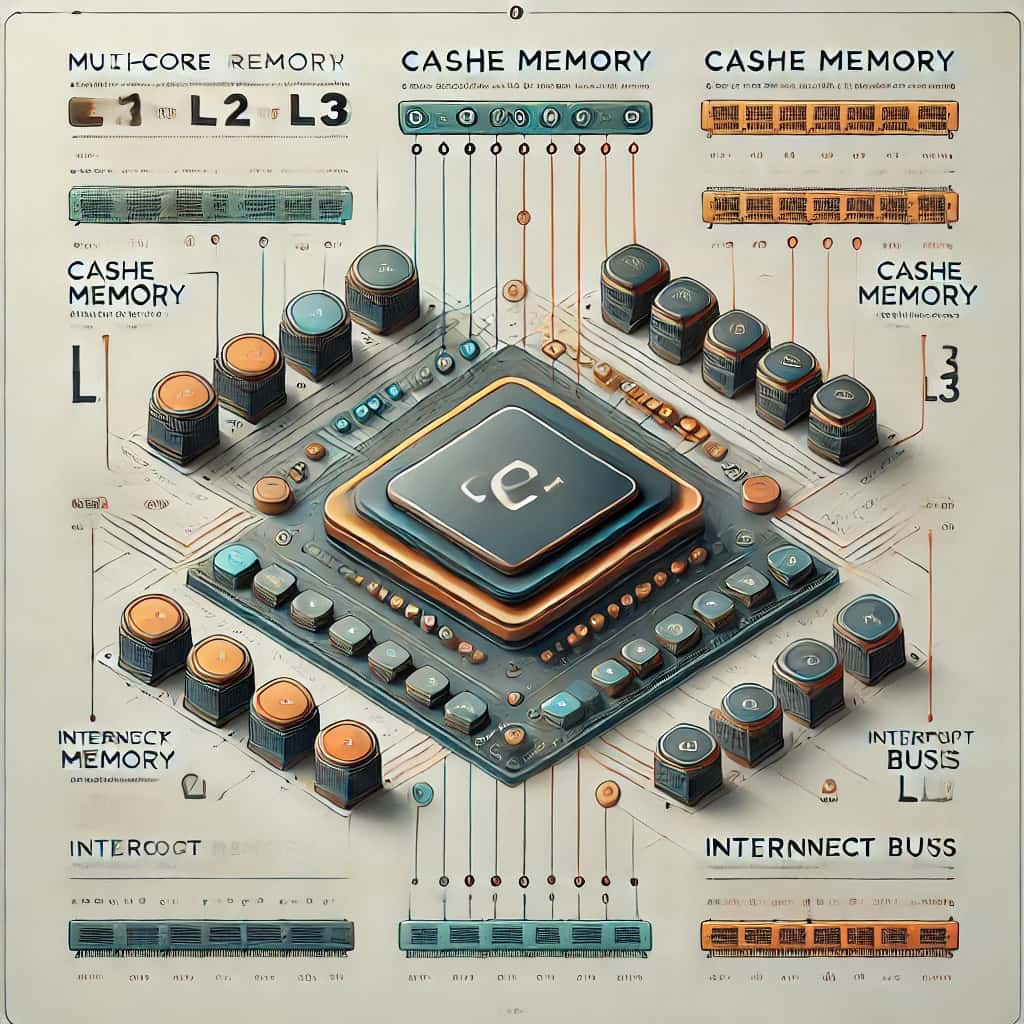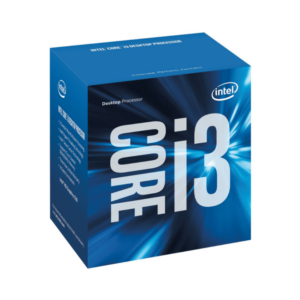Get 50% off on Custom PC
Understanding Processors: Functions and Importance | Mishra Tech Solutions
Introduction
In today’s digital world, the processor, or Central Processing Unit (CPU), is the heart of every computing device. Whether in smartphones, laptops, or powerful desktop computers, the processor is crucial in determining performance and efficiency. This blog explores the functions of processors, their key features, and their significance in our daily lives.

What is a Processor?
A processor is an electronic circuit responsible for executing instructions from computer programs through basic arithmetic, logic, control, and input/output operations. Found in various devices, processors have evolved dramatically, adapting to the increasing demands of technology.
Types of Processors
1. Microprocessors: Common in personal computers, integrating the CPU functions on a single chip.
2. Multi-core Processors: Feature multiple cores, allowing for parallel processing and enhanced performance.
3. Embedded Processors: Used in appliances and vehicles, designed for specific control functions.
4. Digital Signal Processors (DSPs): Specialized for processing audio and visual data in multimedia applications.
Functions of a Processor
Processors perform several essential functions for the operation of computing devices:
1. Fetch-Decode-Execute Cycle
Processors operate on the Fetch-Decode-Execute cycle, which is fundamental to executing instructions:
– Fetch: Retrieves an instruction from memory.
– Decode: Translates the instruction into a format that the processor can understand.
– Execute: Carries out the instruction, performing calculations or data manipulation.
2. Arithmetic Operations
Processors execute basic arithmetic operations such as addition, subtraction, multiplication, and division. This capability is vital for software applications, ensuring accurate computations.
3. Logic Operations
Processors feature various levels of cache memory (L1, L2, L3) that store frequently accessed data, reducing the time needed to fetch data from main memory.
4. Thermal Design Power (TDP)
This measures the maximum heat generated by the processor, impacting cooling requirements and system design.
5. Architecture
Modern processors utilize various architectures (e.g., x86, ARM), defining their capabilities and compatibility with software.
Importance of Processors in Everyday Life
Processors are integral to the functioning of everyday devices, impacting:
– Performance of Applications: The speed and efficiency of software applications rely heavily on the processor’s capabilities.
– Gaming Experience: Modern games require powerful processors to handle complex calculations and graphics rendering.
– Multitasking: Processors with multiple cores enable users to run several applications simultaneously without significant performance drops.

-
Product on sale
 Intel Core i3-4150 4th gen 3.5 GHz,Threads 4 Cores 2,DDR3-1333/1600Original price was: ₹5,000.00.₹899.00Current price is: ₹899.00.
Intel Core i3-4150 4th gen 3.5 GHz,Threads 4 Cores 2,DDR3-1333/1600Original price was: ₹5,000.00.₹899.00Current price is: ₹899.00.
Products for Sale
At Mishra Tech Solutions, we offer a range of products to enhance your computing experience:
1. High-Performance Processors
– Intel Core i9-11900K
– Clock Speed: 3.5 GHz (up to 5.3 GHz Turbo)
– Cores: 8
– Threads: 16
– Ideal for gaming and heavy multitasking.
– AMD Ryzen 9 5900X
– Clock Speed: 3.7 GHz (up to 4.8 GHz Boost)
– Cores: 12
– Threads: 24
– Perfect for content creation and gaming.
2. Motherboards
Ensure compatibility and performance with our selection of motherboards tailored for different processors.
3. Cooling Solutions
Keep your processor running smoothly with our range of cooling solutions, including air and liquid coolers.
Conclusion
The processor is a vital component in modern computing devices, significantly impacting performance, efficiency, and user experience. Understanding its functions and features can help users make informed decisions when purchasing technology products. At Mishra Tech Solutions, we strive to provide our customers with the best products to meet their computing needs.

